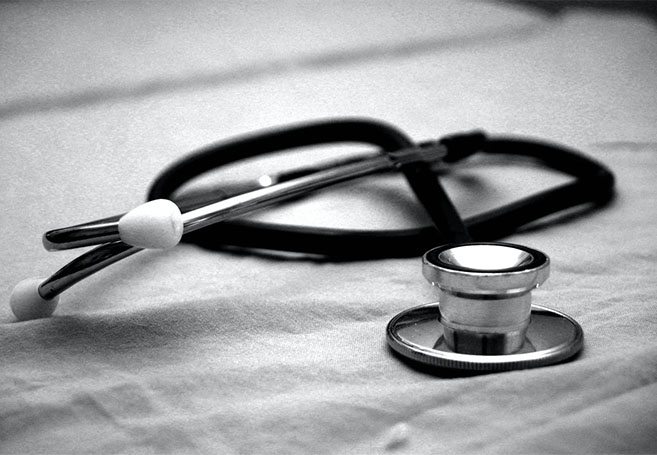Medical negligence is the third leading cause of death, following heart disease and cancer in the United States, CNBC reports. A recent Johns Hopkins study shows more than 250,000 Americans die from medical errors every year. Medical malpractice essentially occurs when a health care professional fails to provide appropriate treatment and causes harm, injury or death to the patient.
What exactly constitutes medical malpractice?
Healthcare professionals are legally required to uphold standards for patient treatment and care. Failure to meet these standards can result in malpractice. For example, surgical error, misdiagnosis or failure to diagnose, poor follow-up care, and botched or unnecessary surgery are common examples of medical malpractice. However, substandard healthcare alone isn’t enough to constitute medical malpractice; harm or injury also needs to occur as a direct result. This injury or harm also needs to cause significant damage, whether that’s extreme pain, suffering, or hardship, disability, lost income or large medical bills.
In the case of wrongful death
Unfortunately, it’s not uncommon for medical malpractice to result in wrongful death. Families who experience the death of a loved one due to someone’s actions naturally experience grief, as well as financial and administrative burdens that can be crippling. In this situation, wrongful death lawyers can provide surviving family members with support and guidance. A reputable lawyer can help investigate the situation and pursue legal action if misconduct or negligence is found responsible for the death. Surviving family members can then receive compensation for financial losses like lost income, funeral expenses, medical expenses, and mental health treatment, as well as the resulting emotional trauma and suffering.
Preventing medical malpractice
Families can avoid medical malpractice by playing an active role in their medical care. Always ask doctors about the advantages, disadvantages and side effects of any proposed surgery, procedure or medication. Make sure you receive clear and comprehensive answers. Seek at least one second professional opinion — doctors should be happy for you to do so. If you ever feel unsure or uncomfortable with a situation, don’t just passively go along with it. It’s important you’re comfortable with and fully-informed about your treatment.
Medical malpractice is, unfortunately, a common problem, which results in emotional and financial devastation for patients and families. Being proactive about your health is the best protection against medical negligence. If you do experience medical malpractice, however, lawyers can help you receive compensation for the harm caused.
Photo by Hush Naidoo on Unsplash
.
.


